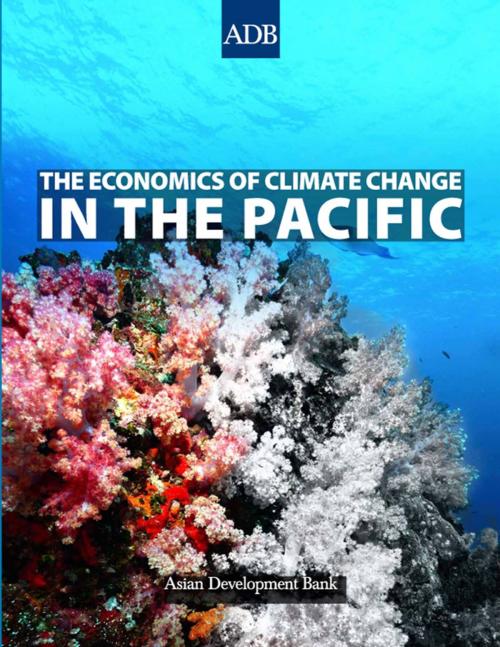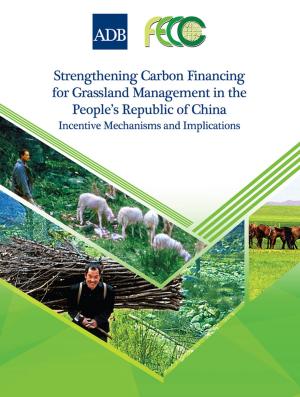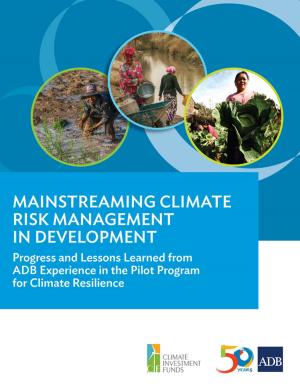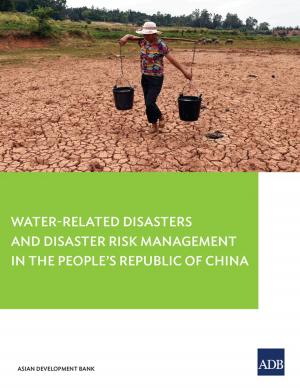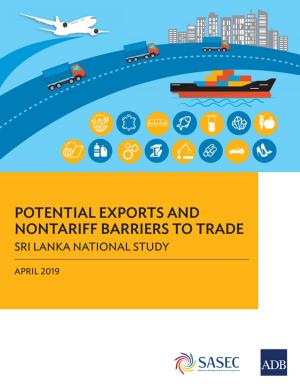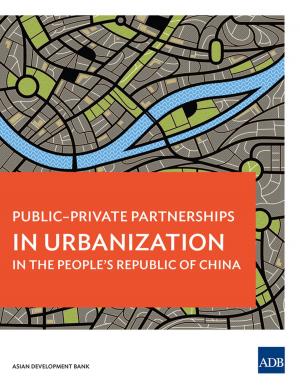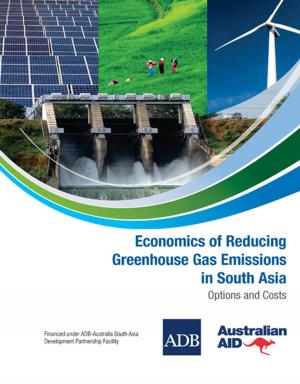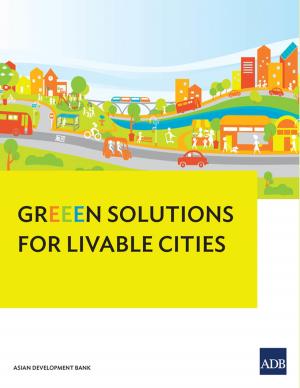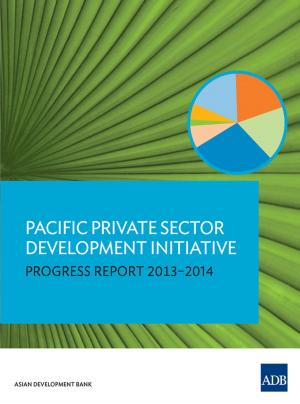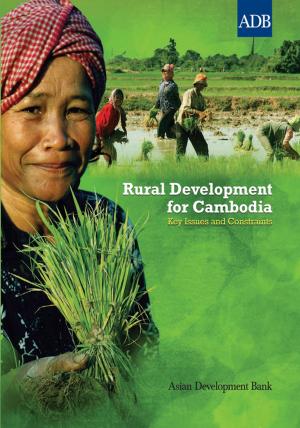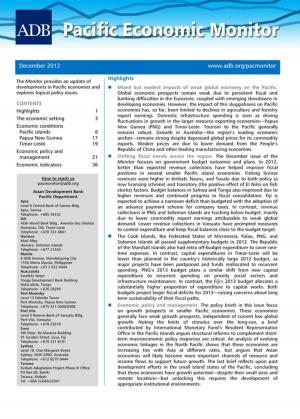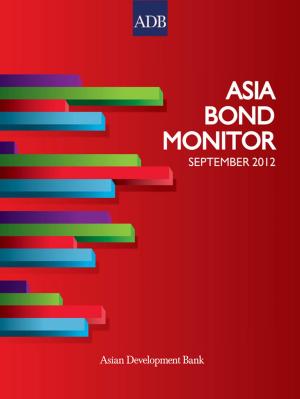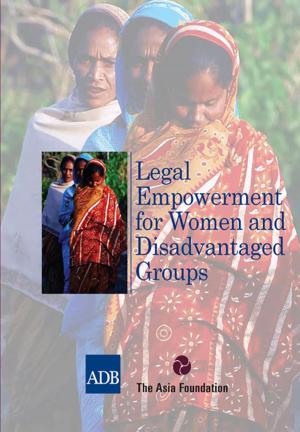The Economics of Climate Change in the Pacific
Nonfiction, Science & Nature, Science, Earth Sciences, Business & Finance, Economics| Author: | Asian Development Bank | ISBN: | 9789292543198 |
| Publisher: | Asian Development Bank | Publication: | November 1, 2013 |
| Imprint: | Asian Development Bank | Language: | English |
| Author: | Asian Development Bank |
| ISBN: | 9789292543198 |
| Publisher: | Asian Development Bank |
| Publication: | November 1, 2013 |
| Imprint: | Asian Development Bank |
| Language: | English |
The Pacific developing member countries of the Asian Development Bank are highly vulnerable to the predicted effects of climate change, including higher sea levels, intense storm surges and cyclones, erratic rainfall patterns, and major temperature fluctuations. This study identifies the effects and quantifies the costs of these adverse outcomes to the Pacific island economies, with details provided for selected key sectors including agriculture, fisheries, tourism, coral reefs, and human health. It then presents policy recommendations and action steps for the countries to minimize or mitigate these impacts, particularly by mainstreaming climate change in their development plans, adopting forward-looking and risk-based approaches to climate change, and climate-proofing both their programs and infrastructure so that poverty eradication and sustainable development efforts can continue regardless of the vagaries of climate.
The Pacific developing member countries of the Asian Development Bank are highly vulnerable to the predicted effects of climate change, including higher sea levels, intense storm surges and cyclones, erratic rainfall patterns, and major temperature fluctuations. This study identifies the effects and quantifies the costs of these adverse outcomes to the Pacific island economies, with details provided for selected key sectors including agriculture, fisheries, tourism, coral reefs, and human health. It then presents policy recommendations and action steps for the countries to minimize or mitigate these impacts, particularly by mainstreaming climate change in their development plans, adopting forward-looking and risk-based approaches to climate change, and climate-proofing both their programs and infrastructure so that poverty eradication and sustainable development efforts can continue regardless of the vagaries of climate.
